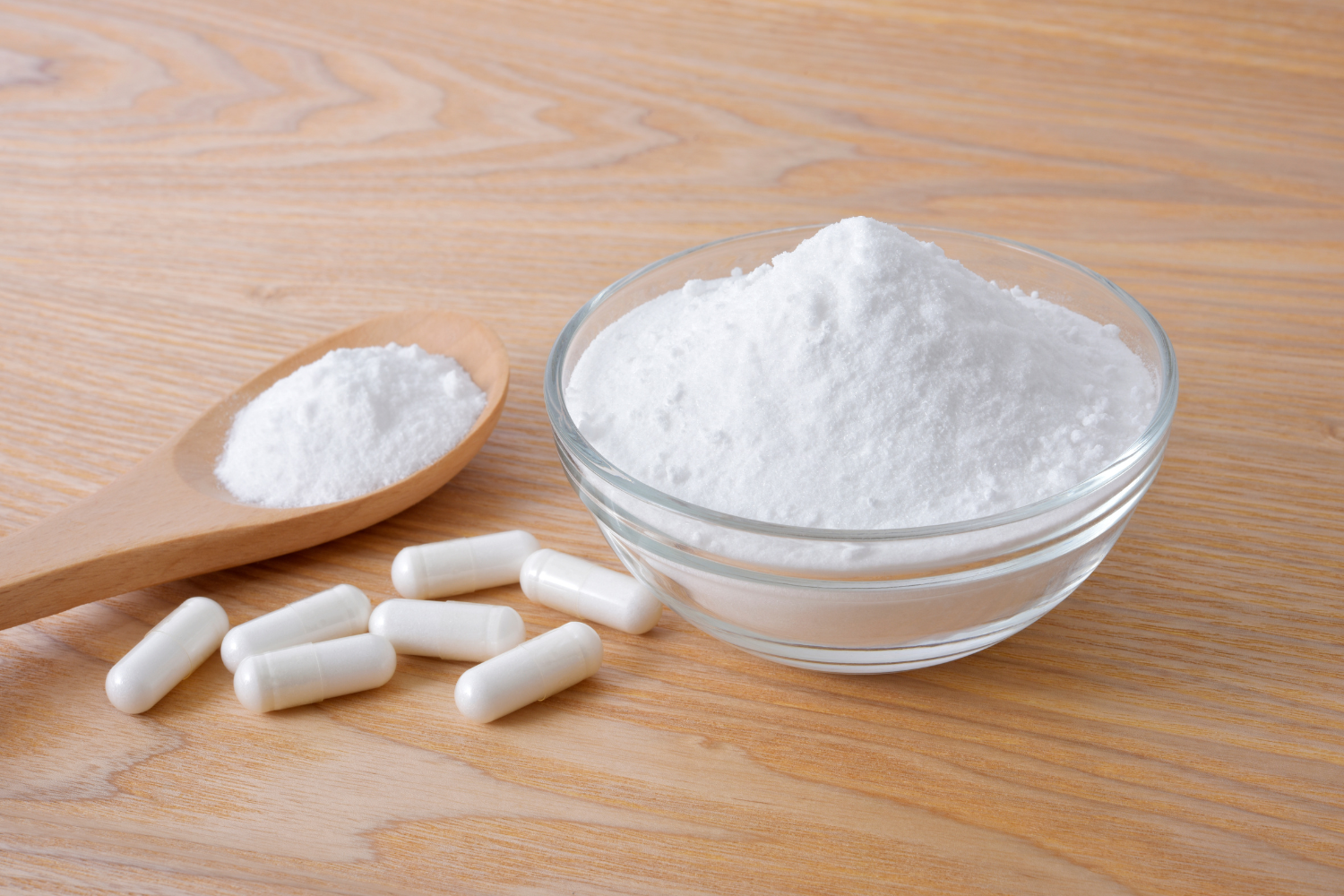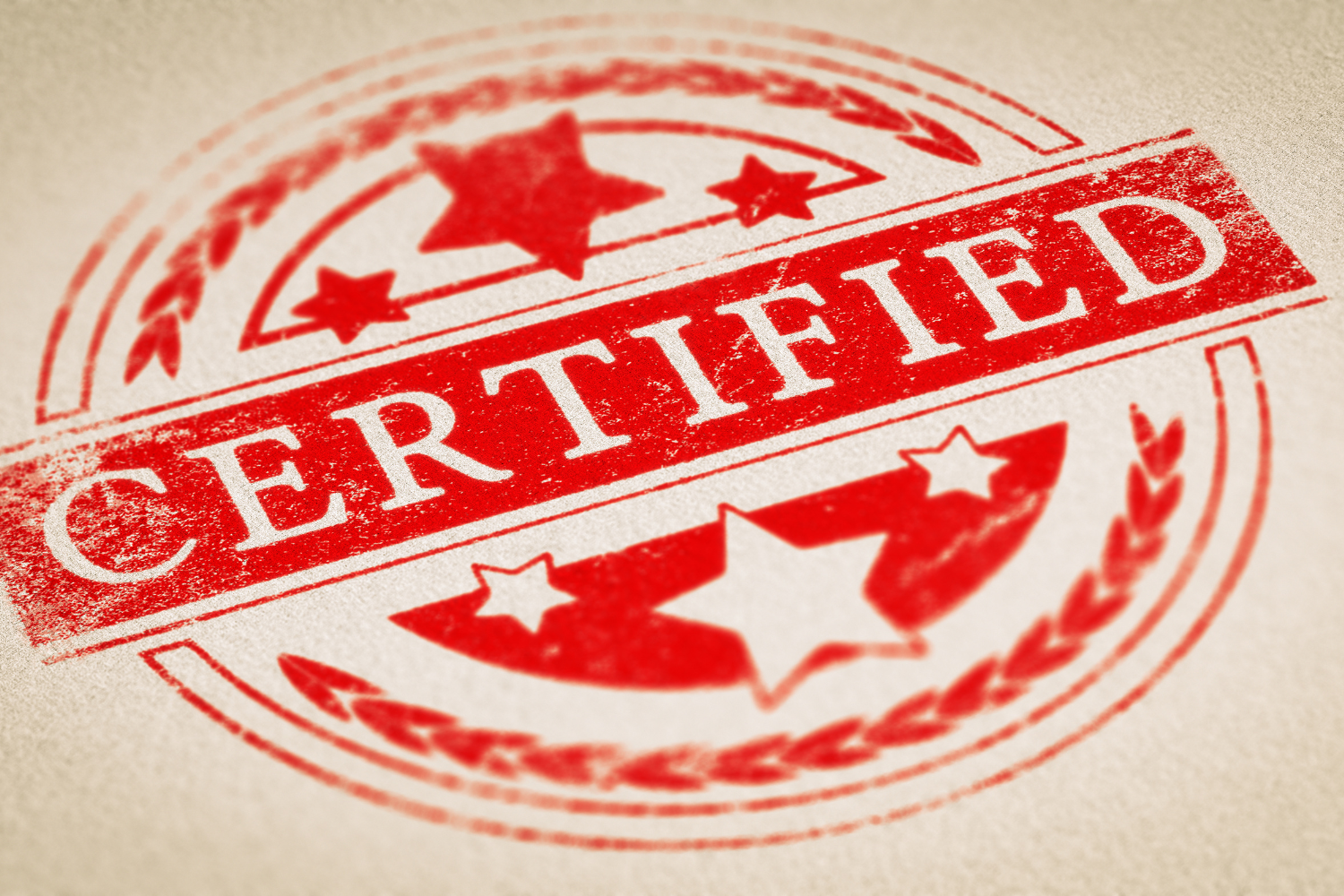Finding the right partner to manufacture nutritional supplements is one of the most critical steps in building a successful brand in the supplement industry. Entrepreneurs entering the market often face concerns around product quality, pricing, and trusting a manufacturer to meet the highest standards.
With increasing consumer demand for dietary supplements in categories like men’s health, children’s health, energy, and fitness, scoring supplement manufacturers that align with your company’s values and customer expectations is essential. From packaging and product development to support services and compliance, evaluating the full range of a manufacturer’s offerings can make the difference between a scalable, profitable business and one that struggles to gain traction.
Table of Contents
ToggleWhat Does “Scoring” a Supplement Manufacturer Mean?
Scoring a supplement manufacturer means carefully evaluating their ability to deliver safe, effective, consistent dietary supplements that meet your business needs. This process includes looking at everything from their certifications and production capacity to their pricing, packaging options, and how they support your company’s growth.
Having a clear method for reviewing manufacturers helps avoid costly mistakes. Entrepreneurs who score supplement manufacturers using a set framework save time and reduce risk by focusing only on partners that meet their standards for quality, price, and services.

Why Choosing the Right Supplement Manufacturer Matters
Choosing the right manufacturer directly affects your brand’s success in the supplement industry. A reliable partner helps you stay compliant, maintain product consistency, and meet customer expectations across various products, from energy and fitness to men’s and children’s health supplements.
- Product Quality: Supplements must meet safety and testing standards to comply with regulations and support consumer confidence.
- Reputation and Customer Trust: Poor quality or delayed products damage your brand’s image and reduce repeat purchases.
- Long-Term Brand Growth: A strong manufacturer supports your development over time, helping you expand your product range and improve value through innovation.

How to Score Supplement Manufacturers: Step-by-Step Framework
Scoring supplement manufacturers is easier when you break the process into clear steps. This framework allows entrepreneurs to focus on the most important factors before making a decision.
Step 1: Know Your Product Needs First
Before comparing manufacturers, define your product goals. Decide if you want to launch private label supplements, where formulas are already developed, or custom formulations that require new research and testing. Private labels are faster and often include free product samples, while custom products offer more control but take longer to develop.
You’ll also need to think about volume. Some manufacturers are set up for small-batch production, suitable for testing the market. Others focus on large-scale manufacturing, which is better for established brands. Ensure the company has certifications like GMP, NSF, or Organic, especially if you enter the health and wellness space where compliance and safety are top concerns.

Step 2: Research Potential Manufacturers
Start your search by looking on B2B platforms and industry websites and attending supplement industry trade shows. Focus on manufacturers that specialize in dietary supplements and offer services aligned with your goals, like custom formulation or private-label options. Always take time to evaluate the manufacturer’s online presence, reviews, and how they communicate with potential customers.
| Warning Signs | Good Signs |
|---|---|
| No clear website or contact info | Professional site with clear service details |
| Vague answers to your questions | Direct, informative communication |
| Lack of certifications | Verified certifications like GMP or NSF |
| Limited or outdated product range | Wide, updated range including fitness and health |
| Poor customer reviews | Positive reviews from verified clients regarding service quality, delivery, and overall experience |

Step 3: Ask the Right Questions
Once you have a list of potential partners, asking the right questions can help narrow it down. This part of the process is where you focus on value, quality, and long-term fit for your brand. Get detailed information about their services, production limits, and how they can support your business goals.
- What is your monthly production capacity, and can it scale with our growth?
- How long does it take to complete an order from purchase to delivery?
- What are your minimum order quantities, and are there flexible options for small batches?
- Do you offer added services like formulation support, label design, or order fulfillment?
Step 4: Check Certifications and Compliance
Third-party certifications show that a manufacturer follows the highest standards in safety and quality. Look for certifications like GMP (Good Manufacturing Practices), NSF, Organic, or Informed-Choice, especially if your supplements target health-conscious consumers.
Manufacturers must follow FDA regulations for labeling and good manufacturing practices under the Dietary Supplement Health and Education Act (DSHEA), but the FDA does not approve or test supplements before they are sold. Regular audits, testing processes, and documented procedures are strong signs the company takes compliance seriously.

Step 5: Request Samples and Test Quality
Once you’ve narrowed down your list, ask for free product samples. Sampling lets you test the actual supplements and gives insight into how the manufacturer handles quality and presentation. It’s an essential step for companies in the health and wellness space looking to deliver real value to consumers.
Pay attention to the taste, texture, and appearance of the products. Check the packaging for durability and design quality, primarily if your brand focuses on fitness, children’s health, or men’s health supplements. A well-made sample reflects the care the manufacturer puts into every order.
Step 6: Read Reviews and Ask for References
Look for reviews on trusted B2B websites, industry forums, or the company’s profile page. Reviews can reveal concerns about delays, poor service, or low product quality. Honest feedback from other businesses helps you avoid working with manufacturers that don’t meet your standards.
Ask the company for references and speak directly with other clients. Find out how well the manufacturer supported them if they met deadlines and how well the manufacturer met expectations and supported customer satisfaction. These conversations often reveal essential details not visible on a website or sales page.
Step 7: Compare Pricing — But Don’t Choose Just on Cost
Some manufacturers may offer the lowest price, but hidden issues like poor packaging, slow turnaround, or low product quality can lead to customer complaints and lost sales. Cutting costs upfront often leads to spending more later to fix problems.
Focus on value instead of price alone. A slightly more expensive manufacturer that offers reliable service, better ingredients, and full support for development and compliance can help your brand grow and keep customers satisfied for the long term.
Common Mistakes Entrepreneurs Make When Choosing Supplement Manufacturers
Starting a nutrition brand involves many decisions, and choosing the wrong manufacturer can delay your progress or damage your brand. New entrepreneurs often make key mistakes that lead to poor product quality, wasted money, or slow development. Knowing what to avoid helps protect your investment and keeps your supplement business on track.
- Choosing based on price only: Low costs can lead to low-quality supplements, poor packaging, and limited support.
- Skipping background research: Not checking certifications, reviews, or previous clients leaves you open to hidden risks.
- Ignoring red flags in communication: Slow replies, vague answers, or lack of detail are signs a company may not be reliable.

Extra Tips for Building a Strong Relationship With Your Supplement Manufacturer
A good manufacturer should be more than just a supplier—they should act as a partner in your business. Strong relationships lead to smoother production, better support, and easier growth as you expand your product line and serve more customers.
- Setting clear expectations: Share your goals, timelines, and product standards early so both sides stay aligned.
- Communicating openly: Stay in touch during each stage of production to avoid misunderstandings and delays.
- Growing together over time: Build trust through consistent orders and honest feedback, so your manufacturer becomes a long-term part of your success.
How to Spot a Great Supplement Manufacturer Before Signing a Deal
The best manufacturers respond quickly and provide clear, helpful information. They should be able to answer questions about processes, testing, and how they support brands in the supplement industry.
Look for companies with transparent pricing, clear policies, and a focus on long-term value. A great manufacturer will also take time to educate you on packaging options, compliance, and product development, helping you make smart choices as you launch or grow your brand.
Finding the Right Supplement Manufacturing Partner Can Make or Break Your Brand
Scoring supplement manufacturers takes precise planning, strong research, and a focus on quality over quick wins. Entrepreneurs entering the supplement industry need a reliable partner that supports their goals across product development, compliance, and brand growth. Taking time to follow a step-by-step framework ensures better results, stronger products, and a smoother path to success in the health and wellness space.
Frequently Asked Questions
What should I look for when choosing a supplement manufacturer? Look for a manufacturer with strong certifications, clear communication, flexible production options, and experience in the supplement industry.
How do I know if a supplement manufacturer is legit?
A legit supplement manufacturer will have third-party certifications, FDA compliance, positive reviews, and a professional website detailing their services.
What questions should I ask a supplement manufacturer?
Ask about their production capacity, turnaround time, MOQs, support services, and how they handle quality testing and packaging.
How much does it cost to work with a supplement manufacturer?
Costs vary by product type, order size, and services, but pricing typically includes formulation, packaging, and minimum order requirements.
How long does it take to get supplements made by a manufacturer?
Production timelines often vary and may take anywhere from several weeks to a few months, depending on the formulation, packaging needs, and manufacturer capacity.
References
- Federal Trade Commission. (2019). Endorsements, Influencers, and Reviews. https://www.ftc.gov/business-guidance/advertising-marketing/endorsements-influencers-reviews
- National Institutes of Health. (1994). Dietary Supplement Health and Education Act of 1994. https://ods.od.nih.gov/About/DSHEA_Wording.aspx
- U.S. Commercial Service. (n.d.). Basic Guide to Exporting. https://grow.exim.gov/hubfs/ebook/basic-guide-to-exporting_Latest_eg_main_086196.pdf
- U.S. Food and Drug Administration. (2024). Current Good Manufacturing Practices (CGMPs) for Food and Dietary Supplements. https://www.fda.gov/food/guidance-regulation-food-and-dietary-supplements/current-good-manufacturing-practices-cgmps-food-and-dietary-supplements
- U.S. Food and Drug Administration. (2024). Dietary Supplements. https://www.fda.gov/food/dietary-supplements
- U.S. Food and Drug Administration. (2005). Dietary Supplement Labeling Guide. https://www.fda.gov/food/dietary-supplements-guidance-documents-regulatory-information/dietary-supplement-labeling-guide
- U.S. Food and Drug Administration. (2024). Questions and Answers on Dietary Supplements. https://www.fda.gov/food/information-consumers-using-dietary-supplements/questions-and-answers-dietary-supplements
- U.S. Small Business Administration. (2024). Market research and competitive analysis. https://www.sba.gov/business-guide/plan-your-business/market-research-competitive-analysis





